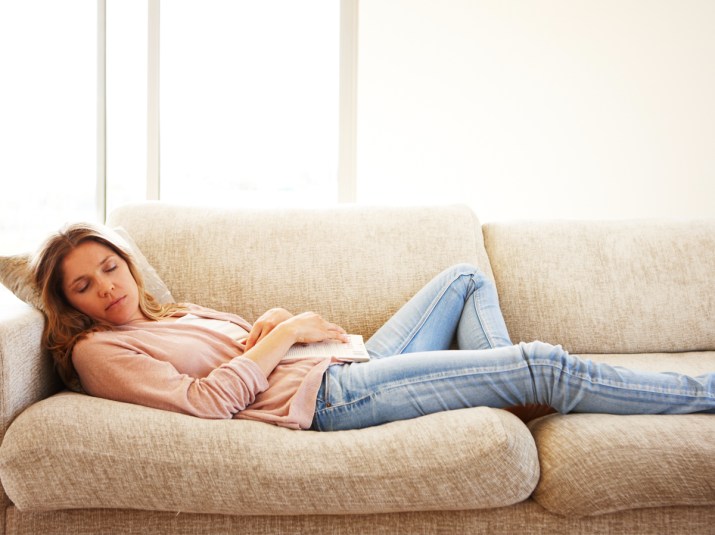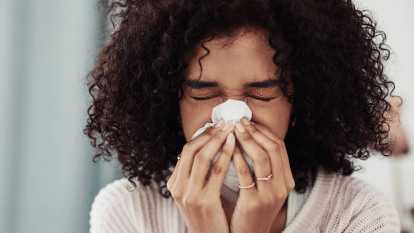Is Taking Too Many Naps Bad for Your Health?

Young children often fight off their daily naptime like it’s the worst punishment you could inflict on their tiny lives. Meanwhile, most adults would gladly take the opportunity for some midday shut-eye if we weren’t so busy with all the responsibilities we have to juggle. That’s what makes a nice, long weekend nap feel especially sweet and rejuvenating.
Although we aren’t technically able to “catch up on sleep” we’ve missed out on while tossing and turning throughout the week, the occasional nap can be beneficial to our overall health. A 2010 study from Progress in Brain Research broke down the perks of short naps (between five and 15 minutes) and longer naps (anything over 30 minutes). The research showed that brief naps resulted in an “almost immediate” increase in cognitive function that lasted for one to three hours. When examining longer naps, however, the study found that after an initial impairment of sleep inertia — that groggy feeling that has us reaching for the snooze button in the morning — cognitive performance improved for an even longer period of time.
Another study from 2010 also found a link between not getting enough sleep overall with gaining excess weight, so catching some zzzs during the day might go a long way in helping with your diet. However, that begs the question: Is it possible to nap too much or for too long? In 2014, a study published in PLOS One examined the effects of getting more than 10 hours of sleep in a day. The researchers were looking to see if there were any lines that could be drawn between that much sleep and ailments like obesity, diabetes, or cardiovascular disease. The study observed a wide range of ages (between 15 and 85). The results concluded that the side effects were worse for mental health issues than physical health, though the researchers also noted an average increase in their subjects’ weight. Clearly, there’s a sweet spot between sleeping too much and not enough when it comes to balancing the pounds on our scale.
The Mayo Clinic suggests we keep our naps to 30 minutes in length at most. They also list 2 and 3 p.m. as the ideal times of day to enjoy a nap. Otherwise, you might mess up your ability to fall asleep later at night. With all of that in mind, you should probably consult your doctor if you’re feeling especially exhausted on a regular basis and find yourself napping more than usual. We all process sleep differently depending on our mental and physical health. That said, if you don’t feel any adverse effects of the occasional long nap, there’s no need to feel guilty about indulging in a soothing siesta.
More From FIRST
Having the Same Bedtime Every Night Could Improve Your Heart Health, Study Suggests
Beat Insomnia With an Old Military Trick That Promises to Knock You Out in Minutes
10 Yoga Poses to Do in Bed to Ease Pain and Have the Best Sleep of Your Life













